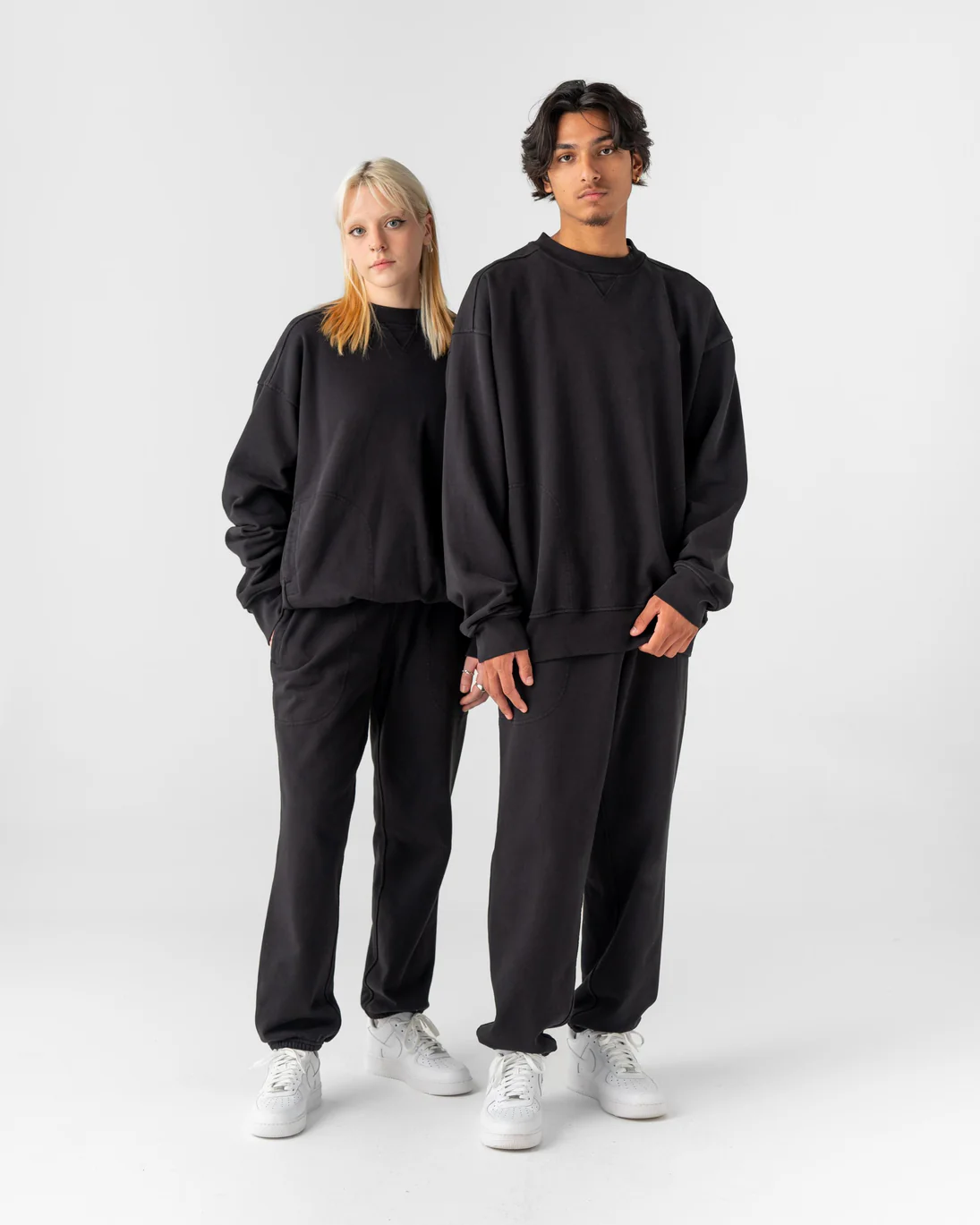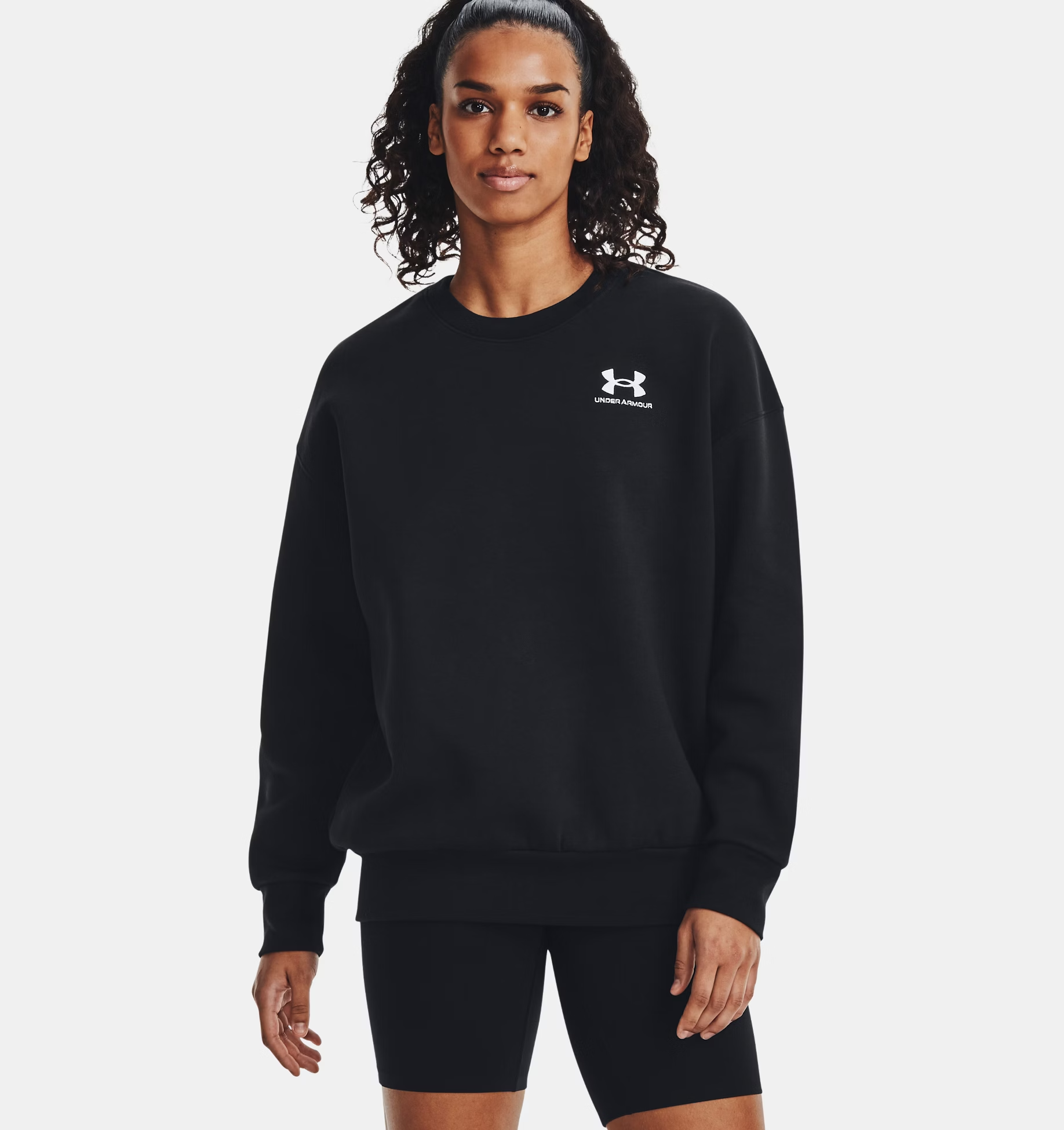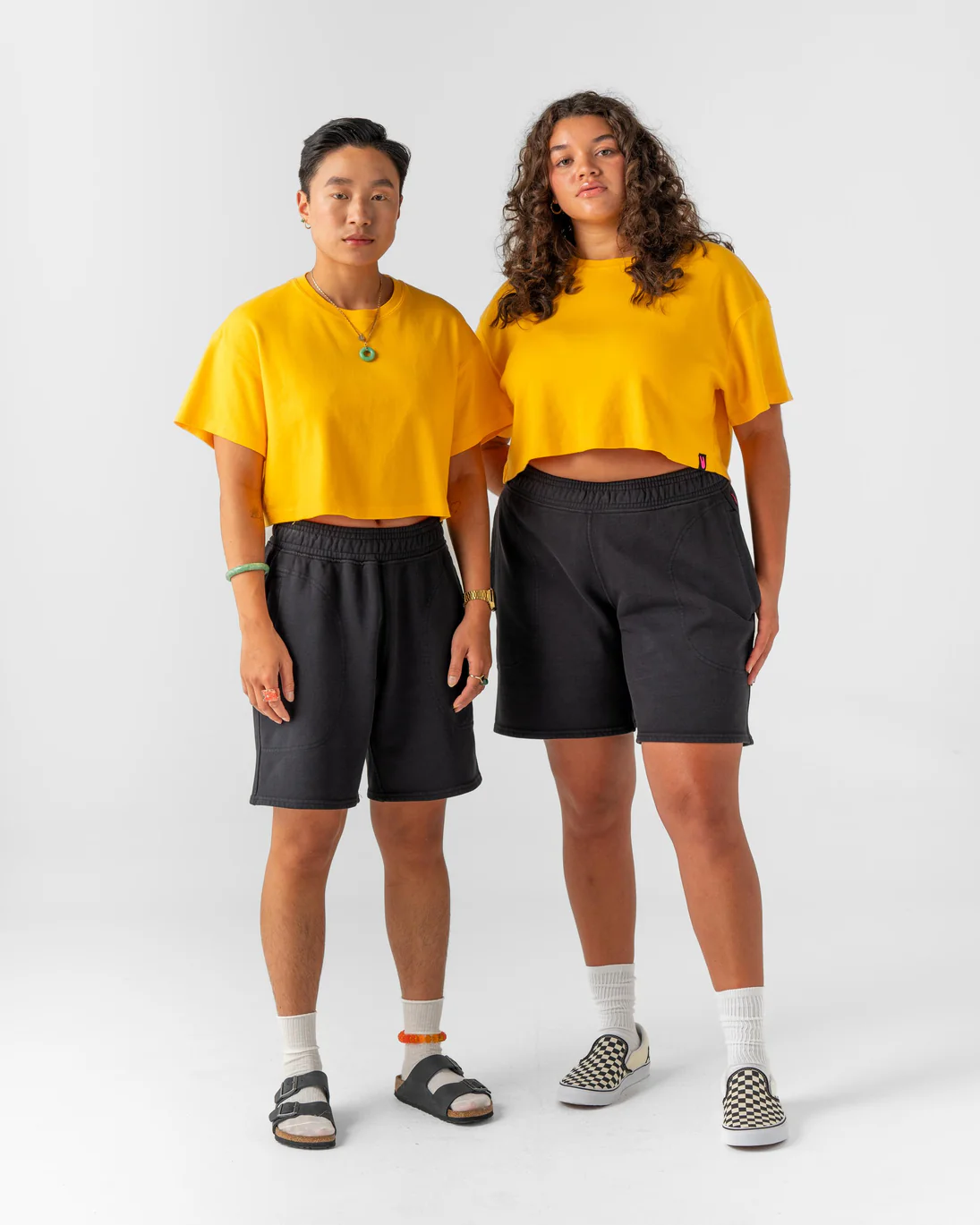Is Under Armour Joining The War On Plastics?

Share This Article
Could a biodegradable Under Armour sweatshirt become reality? With the company’s latest news, it might be.
| All products featured on The Wellness Feed are independently selected by our editors. However, when you buy something through our retail links, we may earn an affiliate commission.|
Under Armour quietly acquired the zero-waste regenerative fashion brand, Unless, and made an announcement in early August that its founder, Eric Liedtke, will join Under Armour as Executive Vice President of Brand Strategy. As a brand founded by Eric in 2020 to “prove that plants could replace plastics in apparel and footwear”, eco-fashion enthusiasts are speculating that this news could be the beginning of the athleisure wear giant joining the fight against plastic.
Yes, Saucony Uses Corn & Cotton In Its Most Sustainable Sneakers Yet
“Sports, inspiration, and culture bring people together, and I am honored by the opportunity to contribute to Under Armour’s long legacy,” said Eric in a press release. “I see tremendous opportunity to elevate the brand, enable deeper loyalty, and drive growth.” While neither Under Armour and Eric have alluded to any sustainable initiatives, the brand has been embracing innovations to have a circular system by 2023 and Eric’s track record includes driving sustainable innovations for Adidas prior to crafting biodegradable sweatshirts at Unless. So, one can only hope we might see an Under Armour sweatshirt made from plants in the future.
We want performance athleisure wear to wick away moisture and move seamlessly as we glide into a downward-facing dog or go on a challenging hike. We also want our clothing to have a small environmental footprint- no toxic dyes, microplastic shedding, or landfill waste. But, the truth is that rarely do these two wants go hand-in-hand. The star materials of athleisure wear are polyester, spandex, and nylon- all plastic based materials that have a huge negative footprint on the planet. Unless, a Portland-based athleisure brand founded by Eric, was created with the mission to offer athleisure wear that is 100% plastic free, so that it will decompose naturally.
Globally, we need more plastic-free clothing brands. An estimated 69% of clothing is currently made of highly flammable and toxic plastic. Plastic-based clothing is also one of the biggest sources of plastic waste accounting for an estimated 18 million tons of waste in 2019. Not only that, but every time we wash plastic-based clothing, we are leaking microplastics into our water resources, which has a potentially irreversible impact on our aquatic systems and our health.
Brands like Under Armour, have the potential to move the needle from plastics to plant-based within the athleisure wear industry. Since 2021, the brand has reported a steady revenue of $5.7 billion and has collaborated with athletes like Joel Embiid and Tom Brady to increase its visibility. It’s latest ‘collaboration’ with a plastic-free brand might be the impetus the brand needs to become a truly circular brand by 2030. And, hopefully, this will mark the beginning of a war on plastic.




